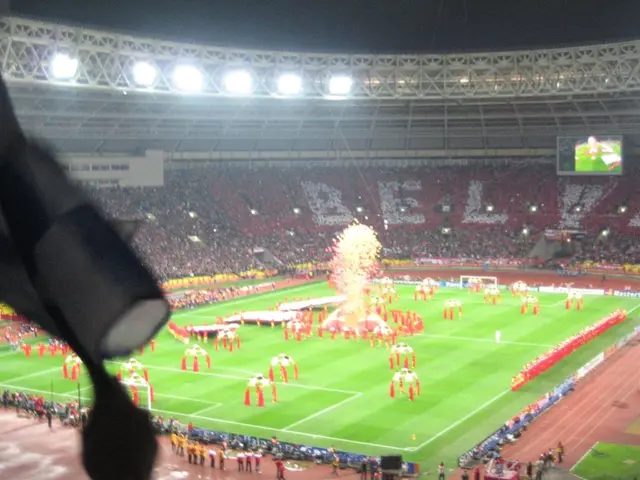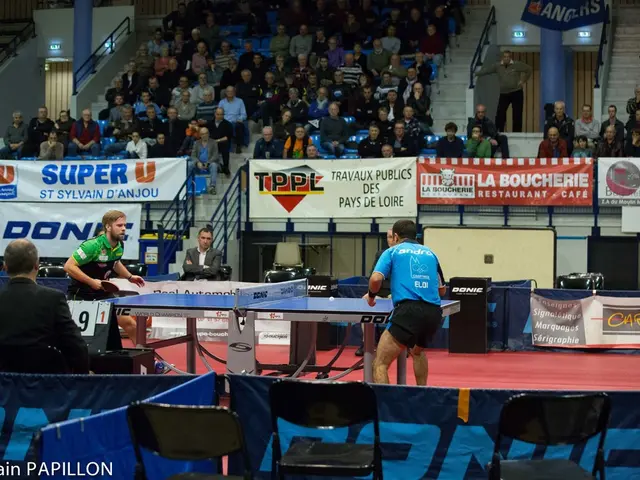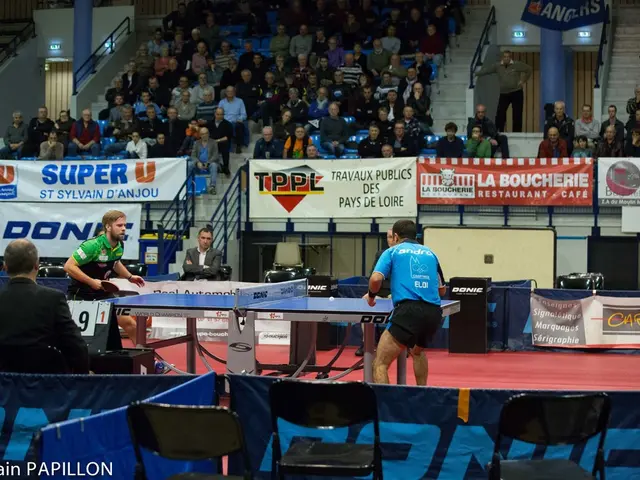Baffling predicament in soccer: While China excels in numerous fields, it struggles in dominating the worldwide soccer arena.
Breaking Down China's Soccer Struggles: Examining the Biggest Puzzle in the World's Second Largest Economy
In a surprising turn of events, Chinese President Xi Jinping recently floated a bold idea to revive China's dismal men's soccer team: introducing humanoid robots. However, with China on the brink of World Cup elimination, the question remains: why can't China find 11 elite men's soccer players when it boasts a population of 1.4 billion and a formidable economy?
The answer lies in a complex web of systemic issues both within and outside of sports.
Governmental Interference and Structural Problems- China's top-down control, applied successfully in various industries, has proven ineffective in soccer. The rigid governance that has helped China become a manufacturing powerhouse, stifles growth in soccer by inhibiting the development of grassroots, volunteer-driven football cultures common in leading football nations.- Civil society development is another area that struggles in China due to the perceived threat posed by independent organizations to the rule of the Communist Party.
Talent Scouting and Development Issues- Intense academic pressure during children's formative years makes many parents prioritize academics over sports, limiting the talent pool at a young age.- Despite the large population, the number of children actively participating in serious football training remains relatively small, resulting in a limited talent pipeline for producing elite players.
Corruption and Governance Problems- Scandals and financial mismanagement in football administration have led to widespread corruption, hindering trust and impeding the professionalization of the sport.- Investment in football is often ineffectively directed, with funds sometimes squandered due to corruption instead of being channeled into youth development or infrastructure.
Cultural and Structural Factors- China lacks a widespread football culture similar to nations with a rich football tradition. The passion for the sport at the community or grassroots level is essential for nurturing talent.- The soccer system is criticized for its persistent underperformance at international levels. The lack of success on the world stage, coupled with the absence of a football culture, leads to a self-fulfilling prophecy and presents a significant hurdle for improvement.
As China prepares for a pivotal match against Indonesia, questions arise about the future of Chinese soccer. Despite setbacks, the pursuit continues to inspire controversy, displays of unity, and an ongoing search for the formula that could transform China into a soccer powerhouse.
- In contrast to the successful implementation of top-down control in various industries, this approach has proven ineffective in strengthening China's soccer team.
- China's struggle with civil society development, viewed as a threat by the Communist Party, is also a factor hindering the growth of grassroots football cultures.
- Intense academic pressure during childhood and the consequent prioritization of academics over sports are significant factors limiting the talent pool for football in China.
- Corruption and financial mismanagement in football administration continue to hinder the professionalization of the sport and deter potential investors.
- The absence of a widespread football culture, essential for nurturing talent, and consistent underperformance at international levels have led to a self-fulfilling prophecy, presenting a significant hurdle for improvement.
- The international community will observe China's pivotal match against Indonesia as an indicator of the future of Chinese soccer, with many raising questions about the transformation of the sport within the largest powerhouse of the world's second-largest economy.
- Amidst setbacks, the pursuit of transforming China into a soccer powerhouse continues to inspire controversy, displays of unity, and an ongoing search for the formula that could revolutionize the country's sports culture and position on the world stage.








